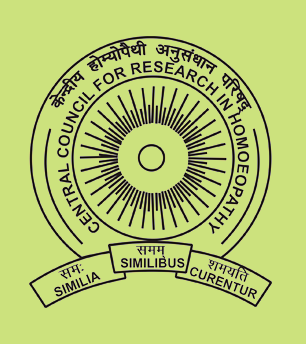Indian Journal of Research in Homoeopathy
Keywords
Antipyretic, Homoeopathic ultrahigh dilutions, Typhoidinum
Article Type
Original Article
Abstract
Introduction: Homoeopathy is a widely used, controversial alternative system of medicine. It is assumed that homoeopathic medicines are slower in action and does not work in acute conditions such as ‘fever’. The study aims to estimate the effectiveness of some homoeopathic remedies in fever and to compare their effects with Paracetamol. Materials and Methods: Baker's yeast fever model of rabbits was used in the study. Rabbits were divided into four different groups (n = 6). Rectal temperature was measured before and after fever induction hourly. After fever induction, medicines were administered orally. Paracetamol and Typhoidinum in 200C and 1M potencies were given orally. ANOVA followed by post hoc test was used for statistical analysis of results. The results were considered statistically significant at P ≤ 0.05. Results: Fever was induced in all the rabbits after 4 h of baker's yeast administration. The results of the study revealed the significant effectiveness of Typhoidinum in 200C and 1M potencies in baker's yeast-induced fever (P = 0.05). Typhoidinum in both potencies showed less significant results as compared to Paracetamol. However, all the medicines’ effects were significant compared to the negative control. Conclusion: Typhoidinum 200C and 1M worked against baker's yeast-induced fever. However, the results were slower and less significant than Paracetamol that might be due to lack of similarity of remedy picture and disease picture.
Digital Object Identifier
10.4103/ijrh.ijrh_81_16
Publisher
Wolters Kluwer India Pvt. Ltd.
How to cite this article
Ahmad S, Rehman T, Ababsi W. In vivo evaluation of antipyretic effects of homoeopathic ultrahigh dilutions of Typhoidinum on baker's yeast-induced fever in comparison with Paracetamol. Indian J Res Homoeopathy 2017;11:170-176. doi: 10.4103/ijrh.ijrh_81_16



